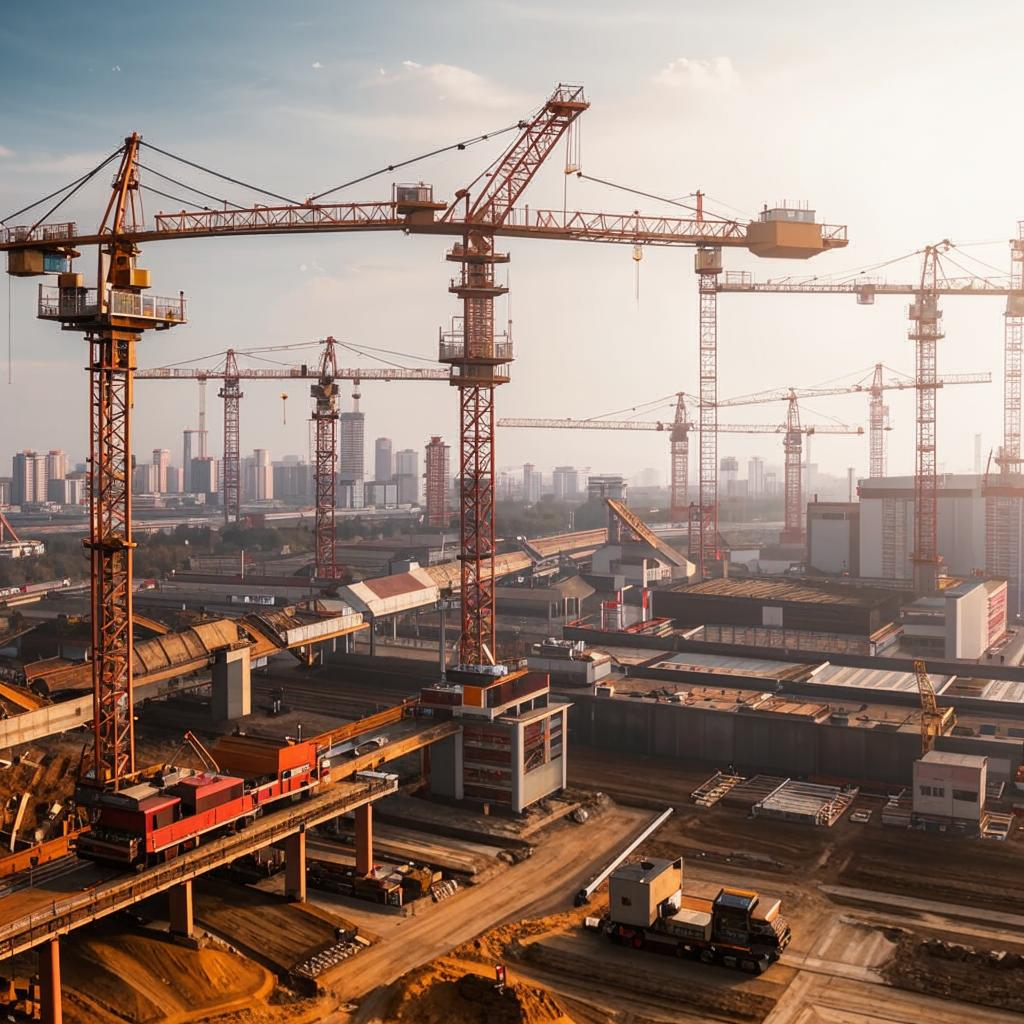Big brokerages are downgrading China’s economic growth forecasts, primarily due to escalating concerns surrounding the country’s property sector. Several major financial institutions, including Goldman Sachs, Morgan Stanley, and JP Morgan, have revised their projections downward, citing persistent weakness in the real estate market as a key factor. The property sector, a significant contributor to China’s overall GDP, is facing headwinds from regulatory tightening, debt issues among developers, and a slowdown in new home sales.
Worries about the financial health of developers like Evergrande and Country Garden continue to weigh on investor sentiment. These developers face significant debt obligations and the potential for defaults, creating uncertainty in the market. Beijing’s efforts to stabilize the sector through targeted measures have so far had limited success in boosting confidence. The ongoing property slump threatens to have a ripple effect across the broader economy, impacting related industries such as construction, materials, and consumer spending.
These downward revisions in growth forecasts reflect growing apprehension about China’s economic outlook. The property sector’s challenges are compounded by other factors, including weakening global demand, geopolitical tensions, and domestic consumption patterns. While the Chinese government aims to achieve sustainable and balanced growth, the property sector’s woes present a significant obstacle to reaching those goals.















